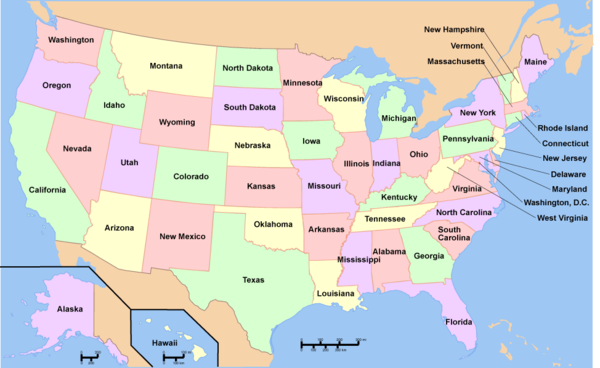Idaho and fracking
|
This article is part of the FrackSwarm portal on SourceWatch, a project of Global Energy Monitor and the Center for Media and Democracy. To search by topic or location, click here. |
| This article is part of the FrackSwarm coverage of fracking. | |
| Sub-articles: | |
| Related articles: | |
Contents
Background
After the exploration company Bridge Resources said it wanted to "mini-frack" some of its gas wells in 2011, the state passed drilling and fracking rules in 2012, permitting fracking in the state. The rules have been seen a controversial, as they limit local control over drilling and allow for non-disclosure of fracking chemicals as industry "trade secrets."[1]
History
Bridge Resources, a Colorado-based company, drilled 11 commercial natural gas wells in western Idaho’s Payette County in 2011 under temporary state drilling rules, which used existing procedures in Wyoming as a model. Of 11 exploration wells, three were deemed immediately successful, four were deemed dry, and Bridge planned to "mini-frack" the remaining four.[1]
Payette County Commissioners rejected Bridge’s request for a conditional use permit in the company’s effort to build a 13-acre gas compression site to send 50 million cubic feet of gas into a commercial pipeline. Bridge said it would go to the state governor.[1]
In 2012 the Idaho House and Senate committees approved new rules to allow fracking, drawn up by the state Oil and Gas Conservation Commission. They took effect at the close of the legislative session in spring 2012.[2]
The rules would allow the use of carcinogenic materials, and allow drillers to not publicly disclose what fracking materials they would use as "trade secrets." The rules also prevent counties from prohibiting drilling.[1] Companies that use fracking will be required to dispose of their excess chemicals in specially lined pits.[2] The legislation was co-authored by the Idaho Petroleum Council, a lobbyist organization representing drillers, and the Idaho Association of Counties. Kerry Ellen Elliott, lobbyist for the IAC, said while the proposed measure would still allow local governments to have a role in the permitting process, they could no longer say no to drilling.[1]
Snake River Oil and Gas, a subsidiary of Arkansas-based Weiser-Brown Oil Co., has leased roughly 30,000 acres of land in the state, mostly in the southwestern corner, with the intent of drilling for natural gas.[2]
Citizen activism
Legislative issues and regulations
List of regulations in the state.
- HR 464 - signed into law in 2012 "to provide for uniformity and consistency in the regulation of the production of oil and gas throughout the state of Idaho." Allows for fracking, the non-disclosure of chemicals used as industry "trade secrets," and "limit[s] local restrictions relating to oil and gas."
Citizen groups
Industry groups
Reports
Resources
References
- ↑ 1.0 1.1 1.2 1.3 1.4 George Prentice, "Idaho's Gasland Rules Debated: Getting testy over fracking, local control," Boise Weekly, Feb. 8, 2012. Cite error: Invalid
<ref>tag; name "gp" defined multiple times with different content Cite error: Invalid<ref>tag; name "gp" defined multiple times with different content - ↑ 2.0 2.1 2.2 Katherine Wutz, "Legislature allows ‘fracking’ in Idaho," Idaho Mountain Express, February 8, 2012.
Related SourceWatch articles
Click on the map below for state-by-state information on fracking:
External links
| This article is a stub. You can help by expanding it. |

